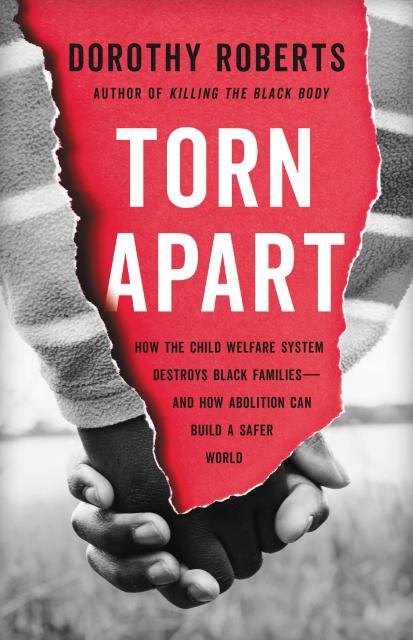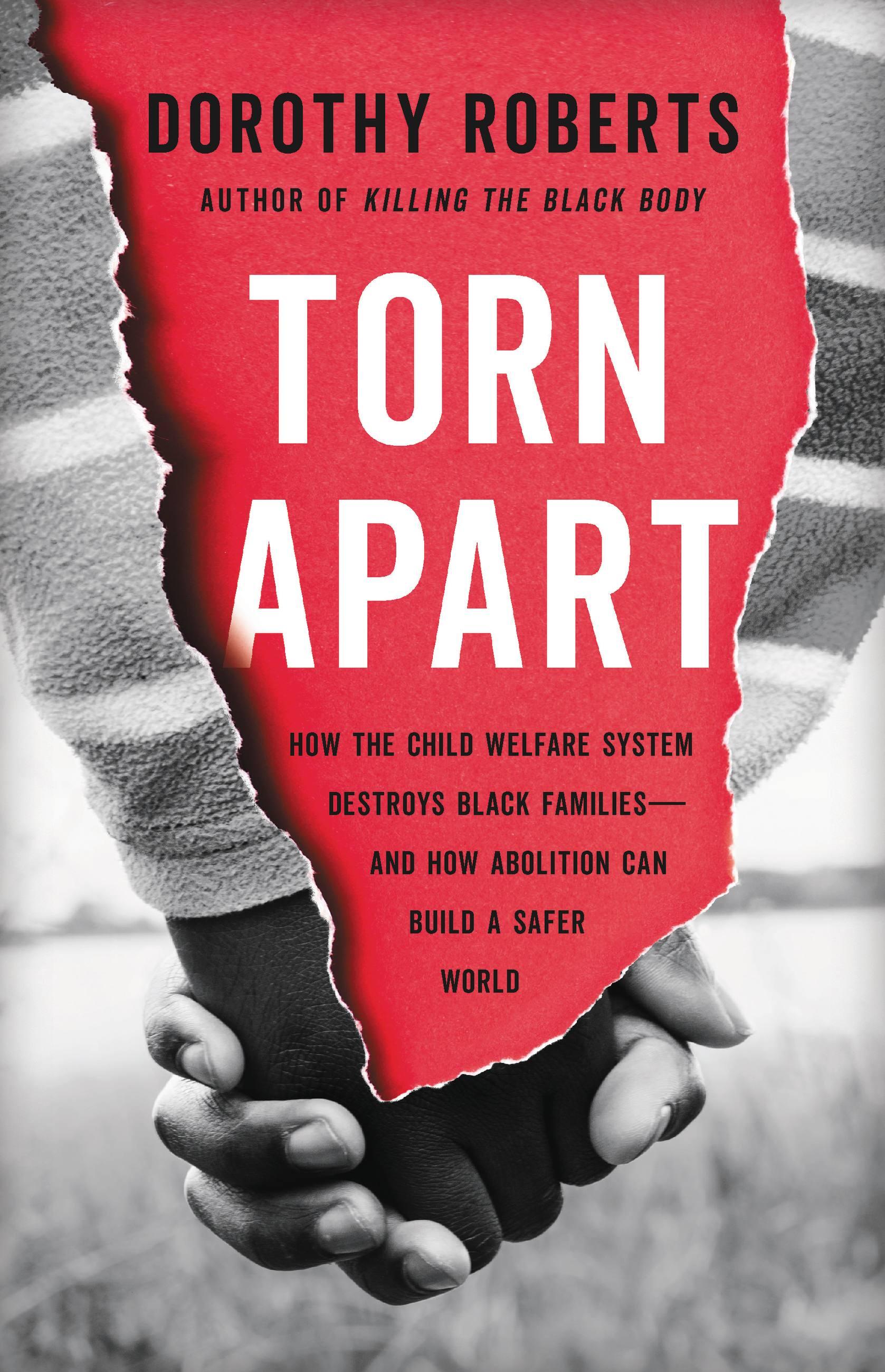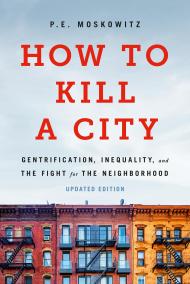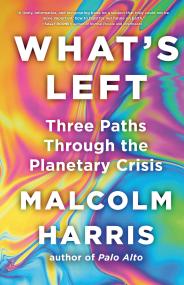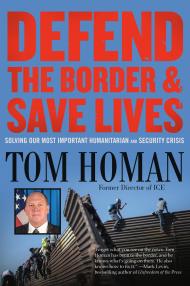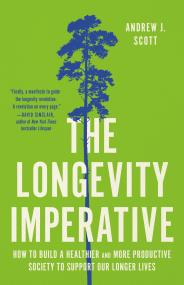By clicking “Accept,” you agree to the use of cookies and similar technologies on your device as set forth in our Cookie Policy and our Privacy Policy. Please note that certain cookies are essential for this website to function properly and do not require user consent to be deployed.
Torn Apart
How the Child Welfare System Destroys Black Families--and How Abolition Can Build a Safer World
Contributors
Formats and Prices
- On Sale
- Apr 5, 2022
- Page Count
- 384 pages
- Publisher
- Basic Books
- ISBN-13
- 9781541675452
Price
$14.99Price
$19.99 CADFormat
Format:
- ebook $14.99 $19.99 CAD
- Hardcover $32.00 $40.00 CAD
- Audiobook Download (Unabridged) $27.99
- Trade Paperback $21.99 $28.99 CAD
Buy from Other Retailers:
“A brilliant and impassioned call for abolition.” —Michelle Alexander, author of The New Jim Crow
Many believe the child welfare system protects children from abuse. But as Torn Apart uncovers, this system is designed to punish Black families. Drawing on decades of research, legal scholar and sociologist Dorothy Roberts reveals that the child welfare system is better understood as a “family policing system” that collaborates with law enforcement and prisons to oppress Black communities. Child protection investigations ensnare a majority of Black children, putting their families under intense state surveillance and regulation. Black children are disproportionately likely to be torn from their families and placed in foster care, driving many to juvenile detention and imprisonment.
The only way to stop the destruction caused by family policing, Torn Apart argues, is to abolish the child welfare system and liberate Black communities.
Finalist for the Los Angeles Times Book Prize for Current Interest
-
“Mind-blowing…a devastating indictment of the [child welfare] system.”Ibram X. Kendi, Guardian
-
“Roberts’s work [is] grimly essential as both prophecy and cautionary tale…It’s not unusual for an academic to say they want to inspire movements, but to an extent more sweeping and durable than most, Roberts has accomplished that.”Irin Carmon, New York
-
"This compelling narrative delivers data rich analysis that reflects decades of research, observation, and advocacy for Black children and mothers. It exposes the ugly demographics and politics of America’s destructive family policing child welfare system...Necessary reading."Library Journal
-
"Compassionate, clear, and compelling."Kirkus
-
"Roberts buttresses her impassioned call for dismantling the child welfare system by skillfully situating it within a larger web of institutions intended to surveil, control, and punish Black Americans. This illuminating and alarming study shatters the 'facade of benevolence' surrounding foster care."Publishers Weekly
-
“Torn Apart is a brilliant and impassioned call for abolition of our racist and disastrous systems of family policing. Better than anyone else could, Dorothy Roberts shows convincingly why we must reimagine child welfare and develop new systems for meeting human needs, preventing violence, and caring for children, families, and communities."Michelle Alexander, author of The New Jim Crow
-
"Dorothy Roberts has brilliantly illuminated the Black experience in America for decades. Her new book on America's punitive child welfare system is a bold and critically important reimagining of how to better protect children. Her thesis on how the legacy of slavery and carceral systems have impacted Black families is rooted in decades of rigorous examination, research, and reflection. This is a compelling, thoughtful, and urgent work."Bryan Stevenson, author of Just Mercy
-
“Once again Dorothy Roberts offers us a bold, visionary critique of the contemporary institutional consequences of colonialism and slavery. Her penetrating analysis of the family policing system and its masquerade as child protective services not only persuades us that reforms alone will forever reinforce the system’s racist and repressive foundations, it also compels us to imagine new modes of care and frameworks for abolitionist futures.”Angela Y. Davis, author of Freedom Is a Constant Struggle
Newsletter Signup
By clicking 'Sign Up,' I acknowledge that I have read and agree to Hachette Book Group's Privacy Policy and Terms of Use
